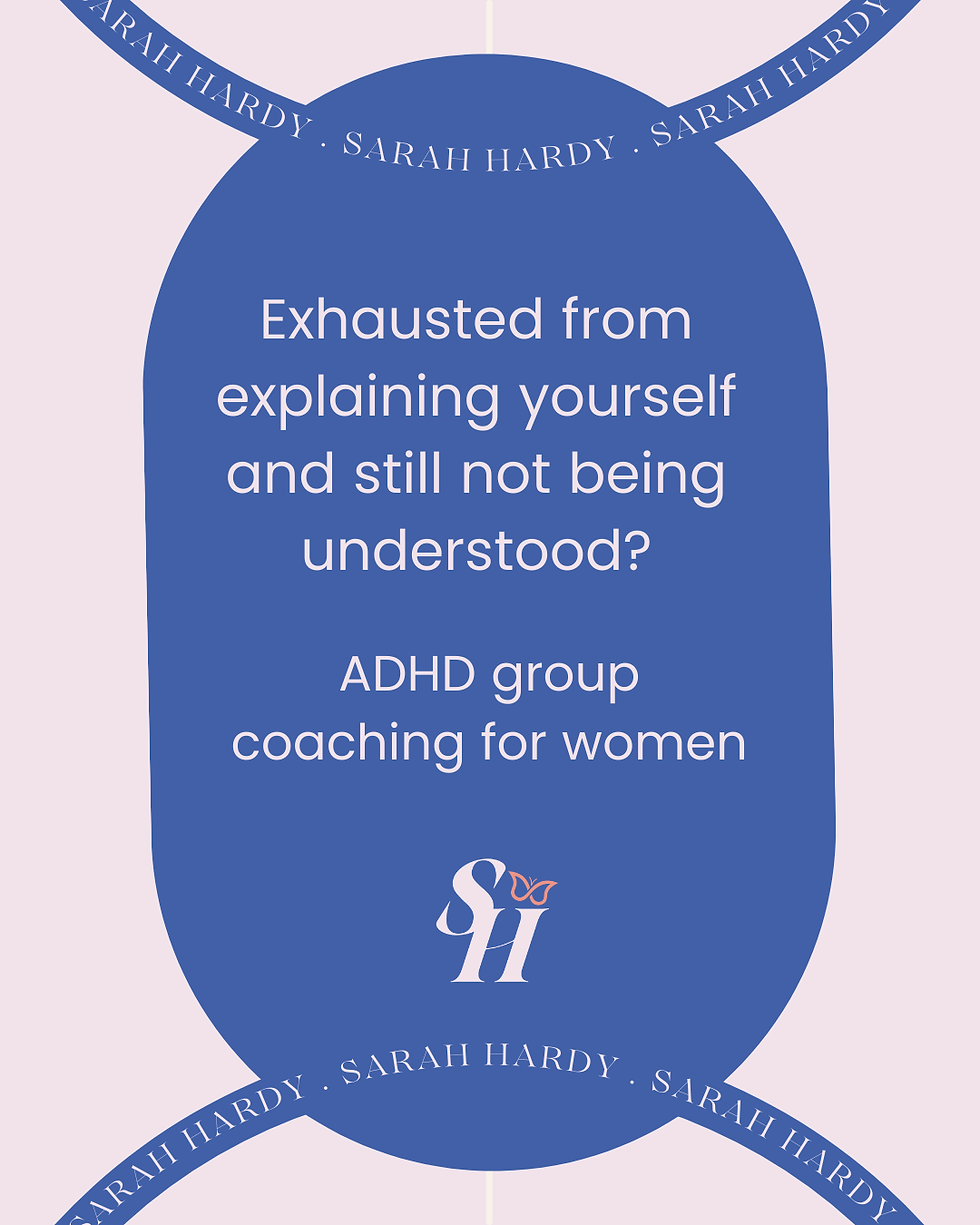Breaking the RSD Spiral: Building Understanding and Connection
- Sarah Hardy
- Nov 25, 2024
- 2 min read
Updated: Jan 2
Rejection Sensitive Dysphoria (RSD) can take even the smallest misunderstanding and turn it into a spiral of hurt feelings, defensiveness, and disconnection. This emotional cycle is common for people with RSD, and it’s especially challenging in relationships where both individuals may be sensitive to perceived rejection.


